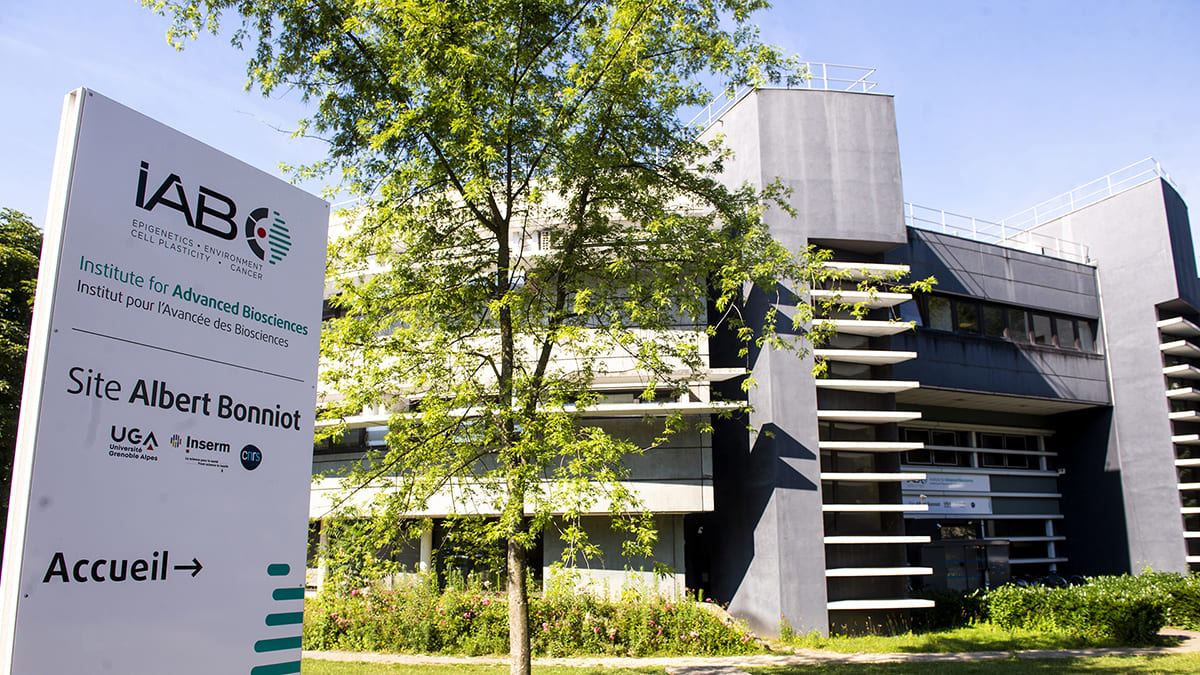
From chromatin modifiers’ roles in cell cycle and translation to therapeutic opportunities
11/06/2024 11:00
Speaker: Capucine Van Rechem, Stanford University , California, USA
In children, brain and central nervous system tumors are the second most common cancer and the primary cause of cancer-related death. Our laboratory focuses on two types of pediatric tumors: diffuse midline gliomas and rhabdoid tumors.
Diffuse Midline Gliomas (DMG) account for 10% of pediatric brain tumors and patients have less than 1% 5-year survival. DMG are characterized by a H3K27M mutation found in one of two histone genes: HIST1H3B/C, coding for the replicative histone H3.1 and expressed only during S phase, and H3F3A, coding for the histone variant H3.3 and expressed throughout the entire cell cycle. These mutations define two DMG subgroups presenting differences in phenotypes, response to therapy, and prognosis. Because of these observations, we undertook cell cycle-centric studies to determine the consequences of H3.1K27M and H3.3K27M on gene expression and on replication timing. These studies led to uncover new potential therapeutic targets for this uncurable disease.
Rhabdoid tumors are typically identified in children younger than three years old and have a very poor prognosis with a survival under one year following diagnosis. These tumors are characterized by mutations of subunits from the chromatin remodeler complexes mammalian SWI/SNF (SWItch/Sucrose Non-Fermentable): 95% in SMARCB1, and the remaining 5% in SMARCA4. Unexpectedly, our assessment of genetic dependencies and drug sensitivity screens revealed that cancer cells mutated for mSWI/SNF are genetically dependent and exclusively sensitive to translation factors and translation pathway inhibitors. We demonstrate that mSWI/SNF complexes also localize in the cytoplasm and that they interact with the translation initiation machinery. Furthermore, short term inhibition, depletion and cancer mutations of specific subunits alter protein synthesis and increase sensitivity to translation inhibitors. Our work demonstrates the chromatin remodelers mSWI/SNF have direct roles in translation that will not only be relevant for the molecular understanding of cancer but also lead to new therapeutic opportunities.